QUT is celebrating the award of $7.7 million ARC Discovery grants to fund 15 projects.
The recipients are:
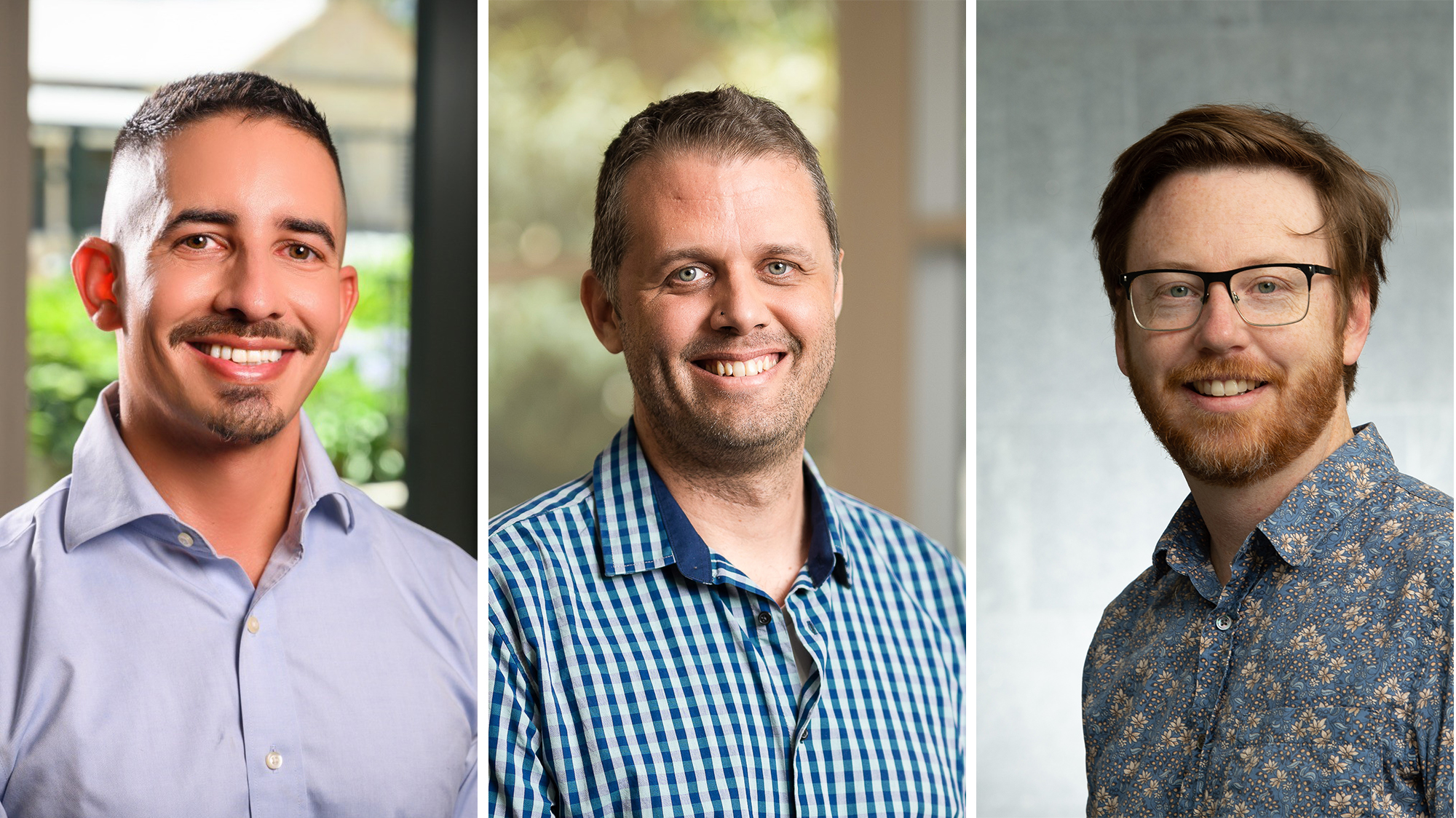
Understanding and combatting ‘dark political communication’ is a project that has been awarded $610,364 for chief investigators Associate Professor , Dr and Associate Professor from QUT , and Professor Kristy Hess from Deakin University.
This project will examine the tactics used by politicians, lobbyists and political groups that the research group calls ‘dark political communication’ (DPC).
Professor Harrington said DPC is an emergent style of communication used by politicians, which upends many of the established norms regarding how politics is conducted in our society.
“DPC aims to stoke social discord, increase cynicism in government, and has thus undermined progress on major challenges such as climate change, Professor Harrington said.
“Unfortunately, the media is yet to properly understand the full extent of these issues, and often exacerbate the problem. So, we’re going to address that.”
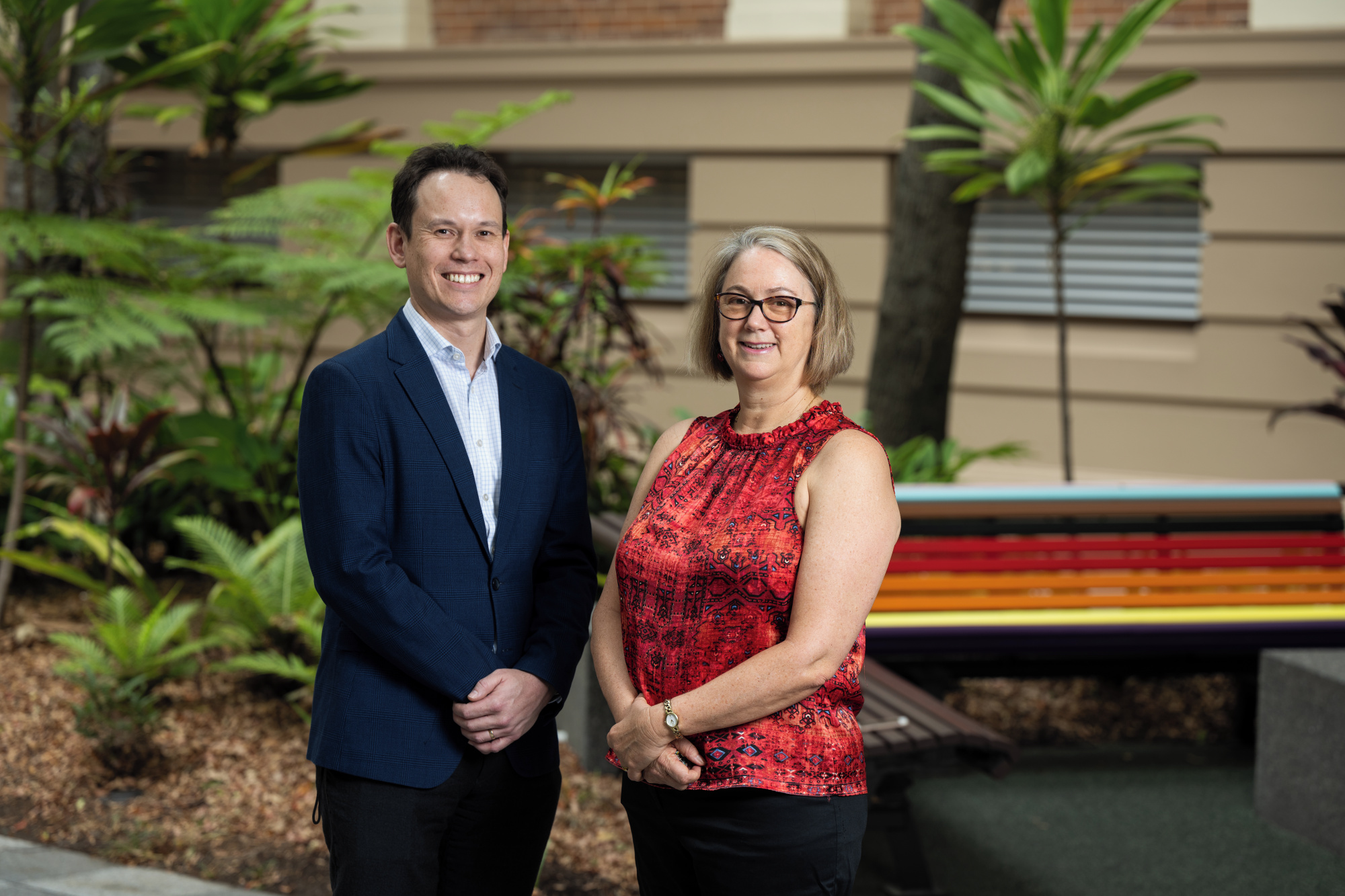
QUT researchers have received $697,897 for a project titled Digitally integrated smart sensing of diverse airborne grass pollen sources.
Chief investigator Professor from QUT said the pollen from grass, which has more than 10,000 species, was the main outdoor allergen source globally that triggers hay fever and asthma in up to 500 million people worldwide.
“This project will use artificial intelligence on digital camera images to learn to see local grass flowers and integrate this with air sensors trained to detect grass pollen types,” Professor Davies said.
“We expect to discover new capacities to track types of airborne grass pollen, transforming how pollen can be monitored to reduce the burden of allergies, and provide evidence of changing airborne pollen loads.”
Other chief investigators include Professor from QUT, and Associate Professor Paul Beggs from Macquarie University, and partner investigator Dr Benoit Crouzy from the Federal Office of Meteorology and Climatology.
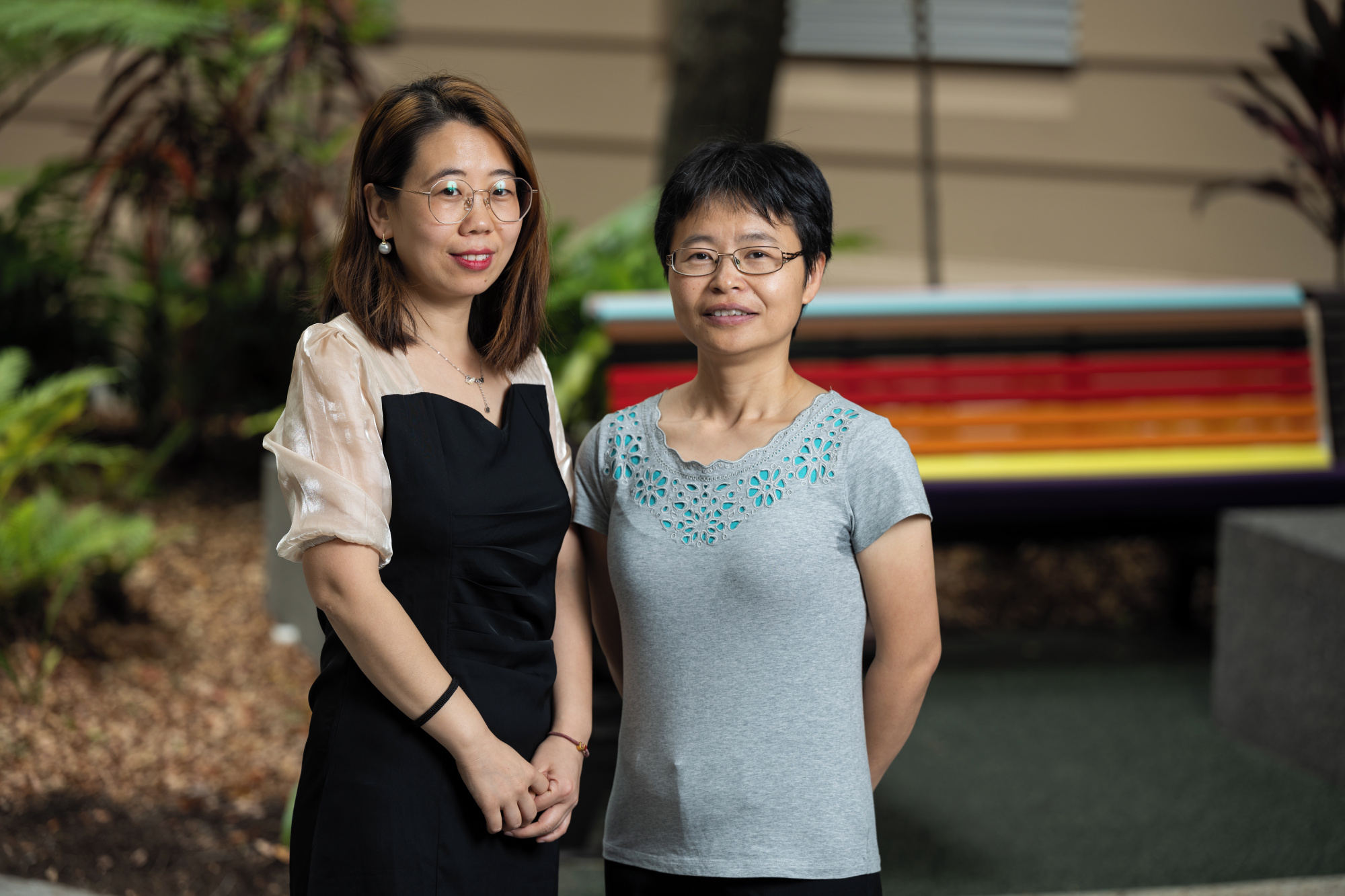
Professor from QUT and Dr Juan Bai from QUT are co investigators on a $404,530-funded project titled, High entropy metal organic frameworks for sustainable hydrogen production.
This project aims to design novel high entropy metal organic frameworks (HE-MOFs) using advanced high throughput computational screening integrated with experimental validation for sustainable hydrogen production.
Professor Liao said the ultimate critical core for green hydrogen fuel generation was efficient and cost-effective catalysts.
“This project’s outcome will be discovery of a new class of HE-MOFs materials with superior hydrogen generation efficiency, while will also provide rational design principles for the exploration of high-efficient catalysts in sustainable fuel generation,” Professor Liao said.
“The successful project will help achieve the zero-carbon target and contribute to the development of a sustainable society with low-cost and renewable energy supply.”
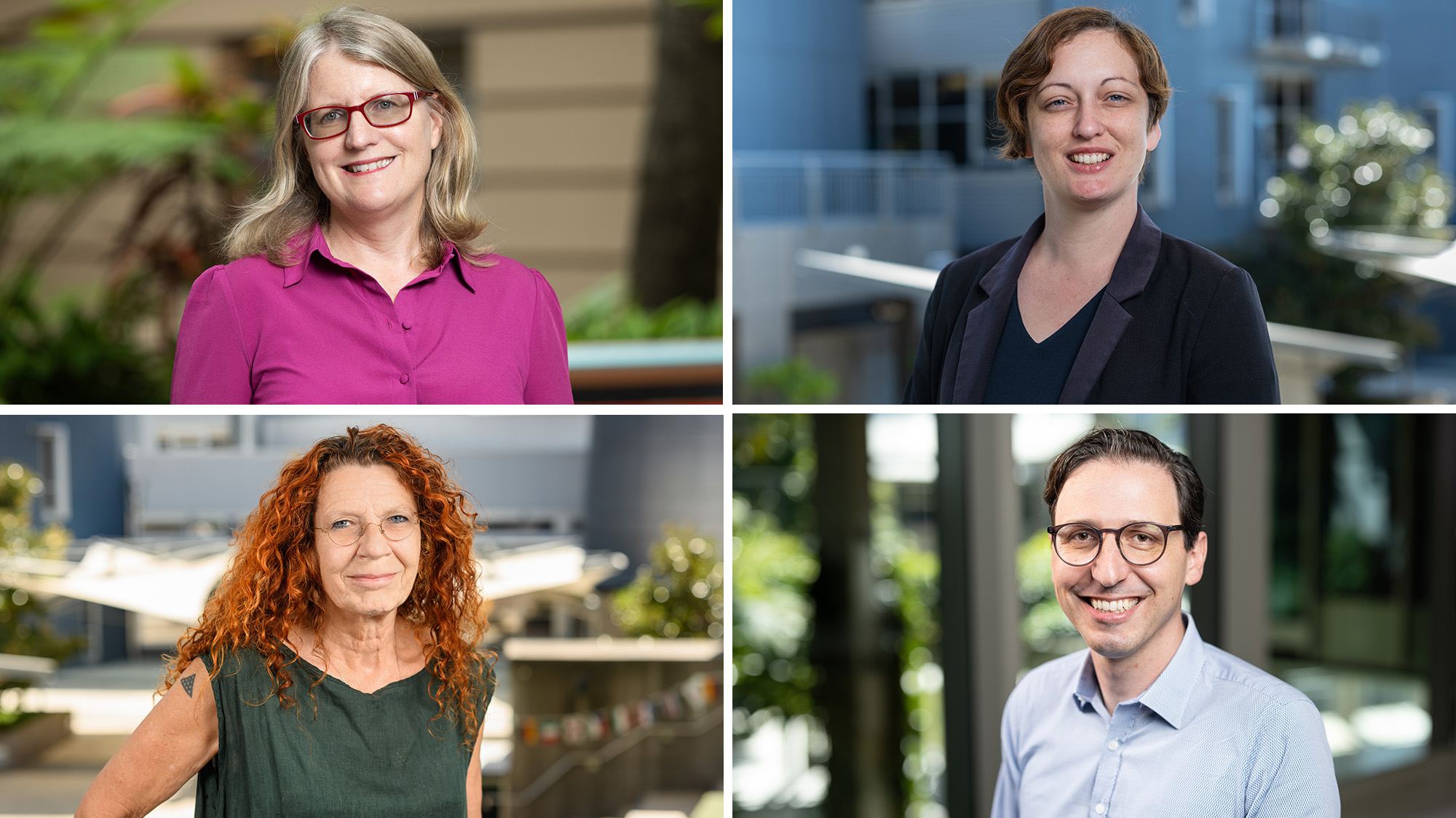
Professor , from QUT , is lead chief investigator on a project titled, Designing distanced intergenerational interaction with tangible technology, which has been awarded $751,389.
Professor Blackler said older people and their young relatives and grandchildren who are geographically distanced cannot currently experience closeness in tangible ways.
“They cannot play and build relationships as they would in “real” life which can lead to loneliness and isolation among older adults and young children,” Professor Blackler said.
“We will develop approaches to distanced, tangible, intergenerational interaction designed to increase closeness in innovative and subtle ways so that they fit seamlessly into the lives of older people and young children.”
The other chief investigators on this project are Associate Professor , Dr , Dr , QUT; Associate Professor Linda Knight RMIT, with partner investigator Dr Shital Desai from York University, Canada.
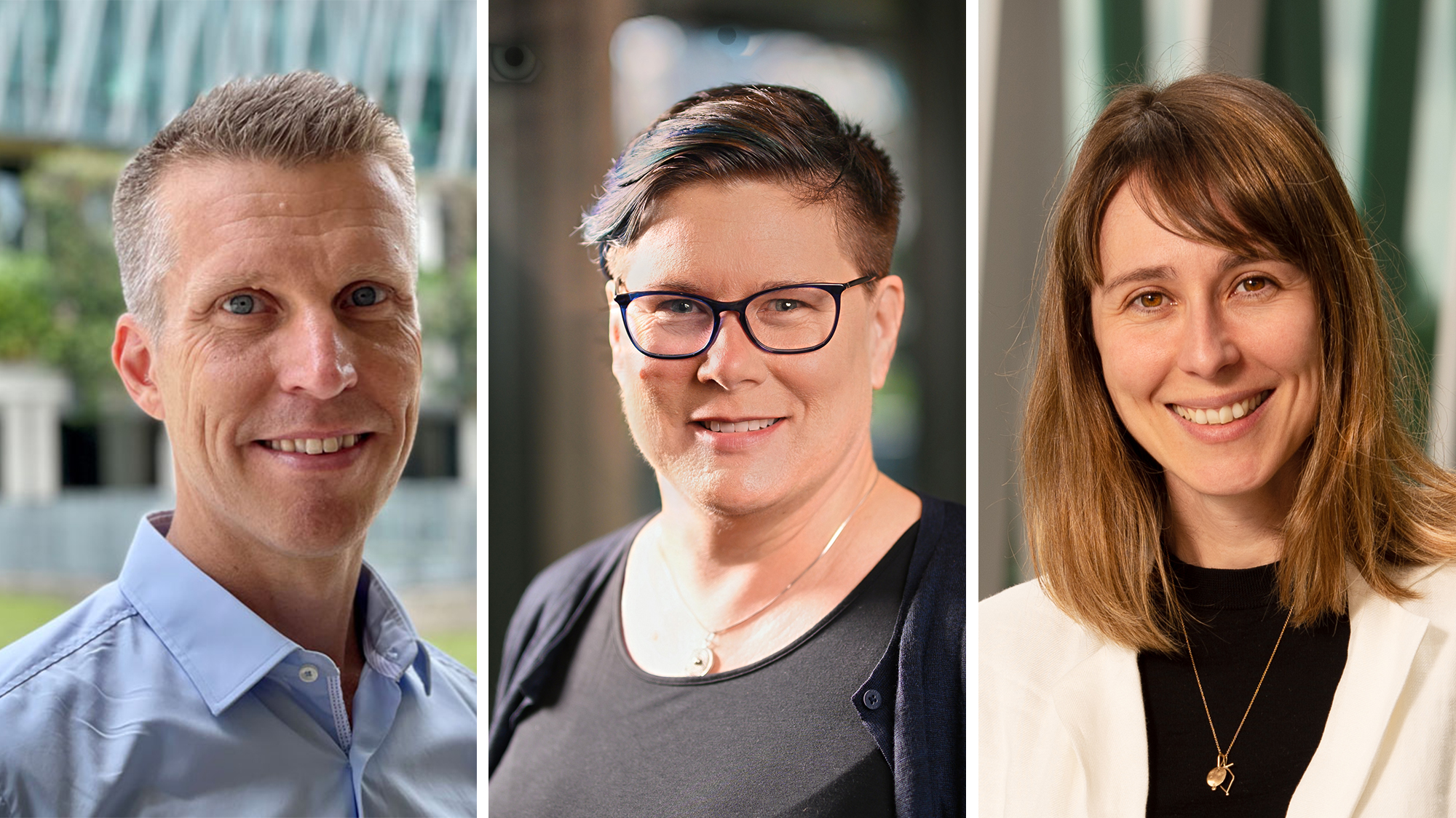
Australian experiences of algorithmic culture on TikTok is the title of a project awarded $263,104.
Chief investigator Professor , from QUT , said the project would be the first to systematically investigate how algorithmic content recommendation on Tik Tok is shaping everyday Australian cultural experience over time.
“Tik Tok is the digital platform where Australians spend the most time online and this project provides critical evidence to support the government’s ongoing policy initiatives to regulate the activities of digital platforms,” Professor Wikstrom said.
“One exciting part of the project is that we are bringing ‘citizen science’ approaches to the field of platform studies, which is an innovative way to deal with the challenges of studying recommender systems on commercial media platforms.”
Co-chief investigators are Distinguished Professor ; Dr from QUT; Dr Joanne Gray and Dr Jonathon Hutchinson from the University of Sydney.
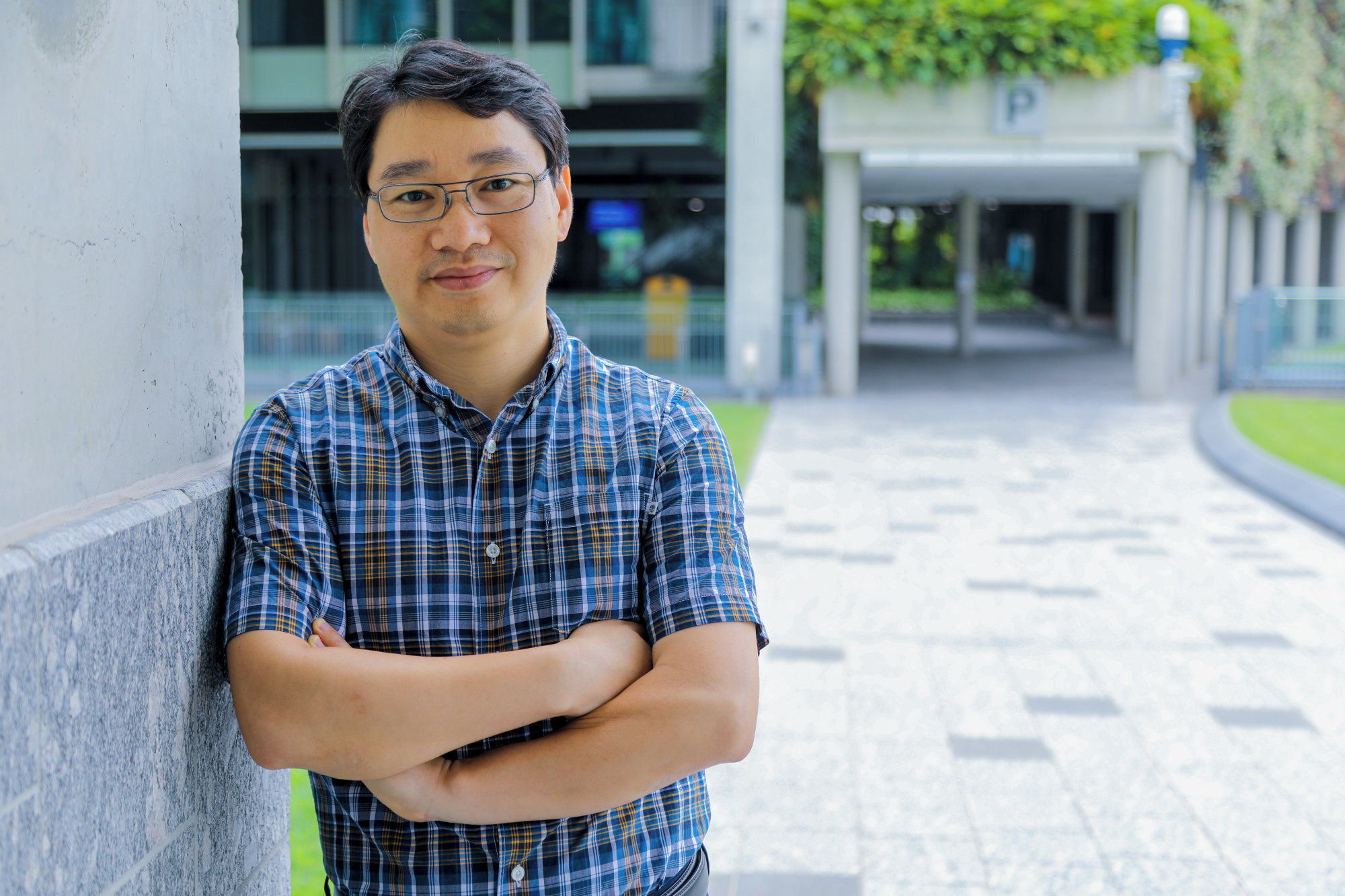
Professor from QUT and Professor Pingan Song from University of Southern Queensland are chief investigators on a project titled Fire-retardant solid state electrolytes for rechargeable li-ion batteries which was awarded $555,493.
Professor Sun said the project aimed to develop solid-state composite electrolytes that combined exceptional flame retardancy and high ion conductivity for lithium-ion batteries.
“By leveraging properties of both polymer and ceramic electrolytes, the resultant composite electrolytes are expected to enhance battery safety by replacing existing flammable liquid counterparts,” Professor Sun said.
“The project will advance knowledge on the design and optimization of solid-state electrolytes, and our understanding of the fire-retardant and ionic conducting mechanisms of composite electrolytes.
“Its outcomes will contribute to the reduction of battery fires, develop skills in the Australian battery industry, and contribute to a sustainable carbon-zero economy.”
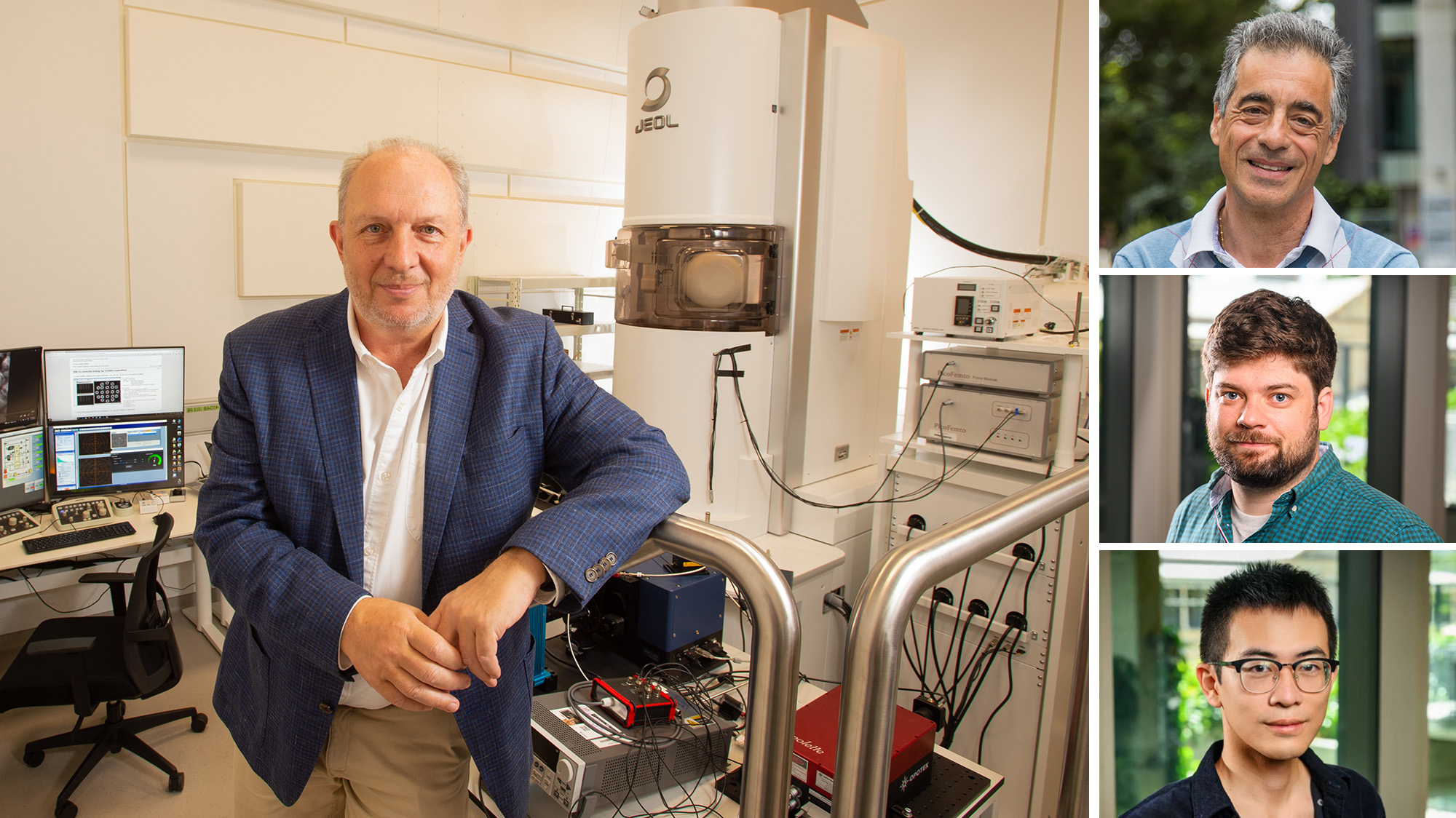
QUT researchers have been awarded $329,000 for the project, “Janus” transition metal dichalcogenides: quest for novel properties, whose expected outcomes will benefit Australia’s cutting-edge electromechanical, optoelectronic, and catalytic technologies.
Distinguished Professor , from QUT , said new atomically thin, two-dimensional (2D) inorganic nanostructures have emerged as a booming field of modern physics, chemistry, materials science and nanotechnology.
“Their use in electronic devices could make a huge difference to the mobility of electrons and the effectiveness of semi-conducting circuits,” Professor Golberg said.
“The so-called “Janus” 2D transition metal dichalcogenides (TMDs) are of prime interest, as they open up a wide horizon for striking discoveries – this project aims to establish Australia’s first laboratory dedicated to the synthesis of Janus TMD multi-and mono-atomic-layer materials and their heterostructures.”
Other chief investigators are Dr , Dr and Professor from QUT; and partner investigator Professor Dr Arkady Krasheninnikov from Helmholtz Centre, Dresden-Rossendorf, Germany.
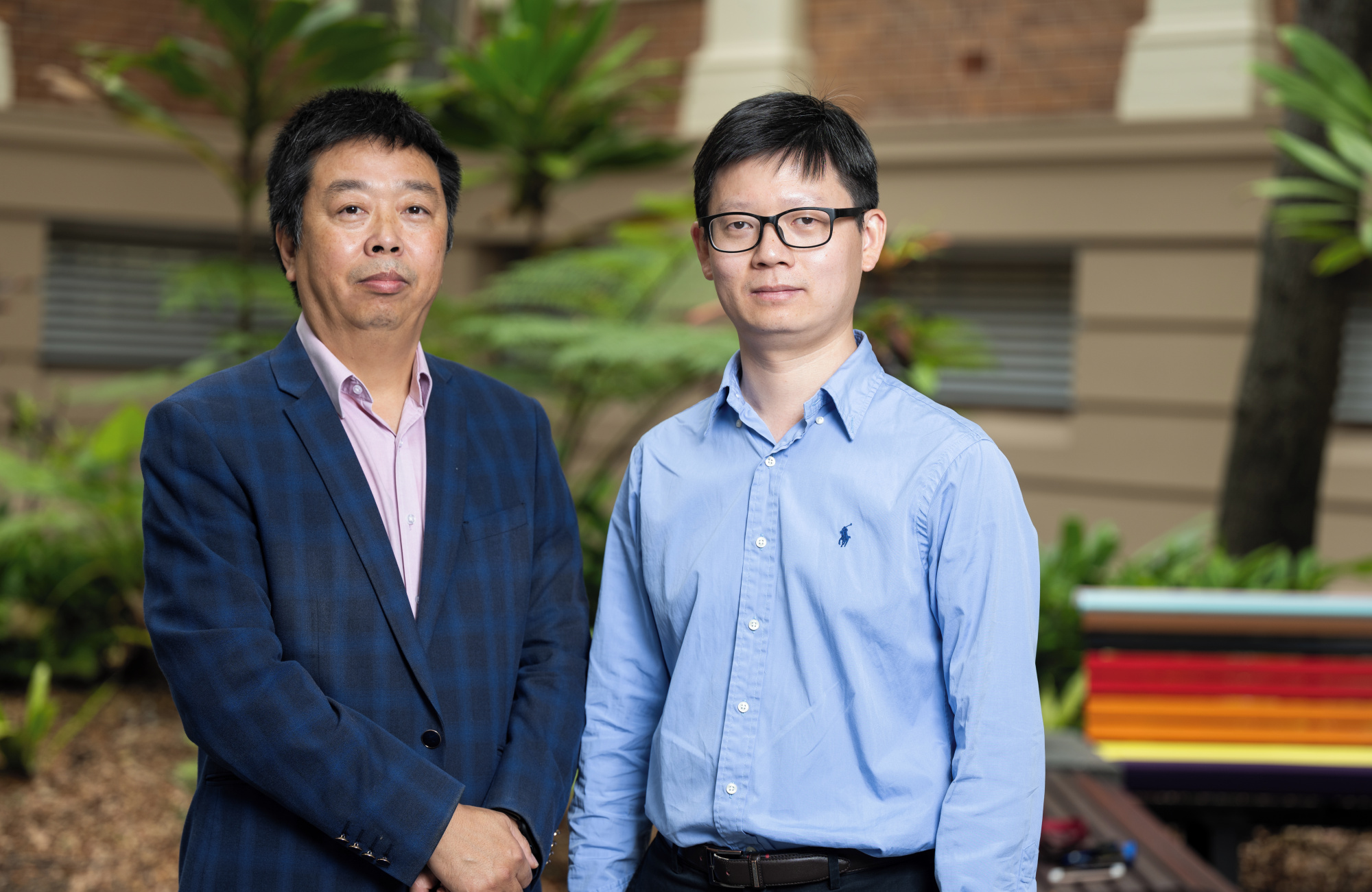
The project A novel surrogate framework for evaluating THM properties of bentonite has received a grant of $483,701.
Chief investigator Dr from QUT said bentonite was used in many engineering and Science areas and one of the typical applications was engineered barriers used in nuclear waste deep geological disposal facilities and landfill linear where compacted bentonite was an important component of the barriers.
“Among many factors, moisture variation can induce bentonite to shrink and cause barrier failure; this project aims to develop a model to identify the optimal values of the controllable factors to increase barrier integrity and reliability,” Dr Gui said.
“With advanced molecular dynamics modelling, statistics learning and machine learning, we expect to advance fundamental knowledge of bentonite’s thermo-hydro-mechanical properties which could revolutionise use of bentonite in engineered barriers.”
The project’s co-chief investigator is Professor from QUT and partner investigator is Professor R Kerry Rowe from Queen’s University, Canada.
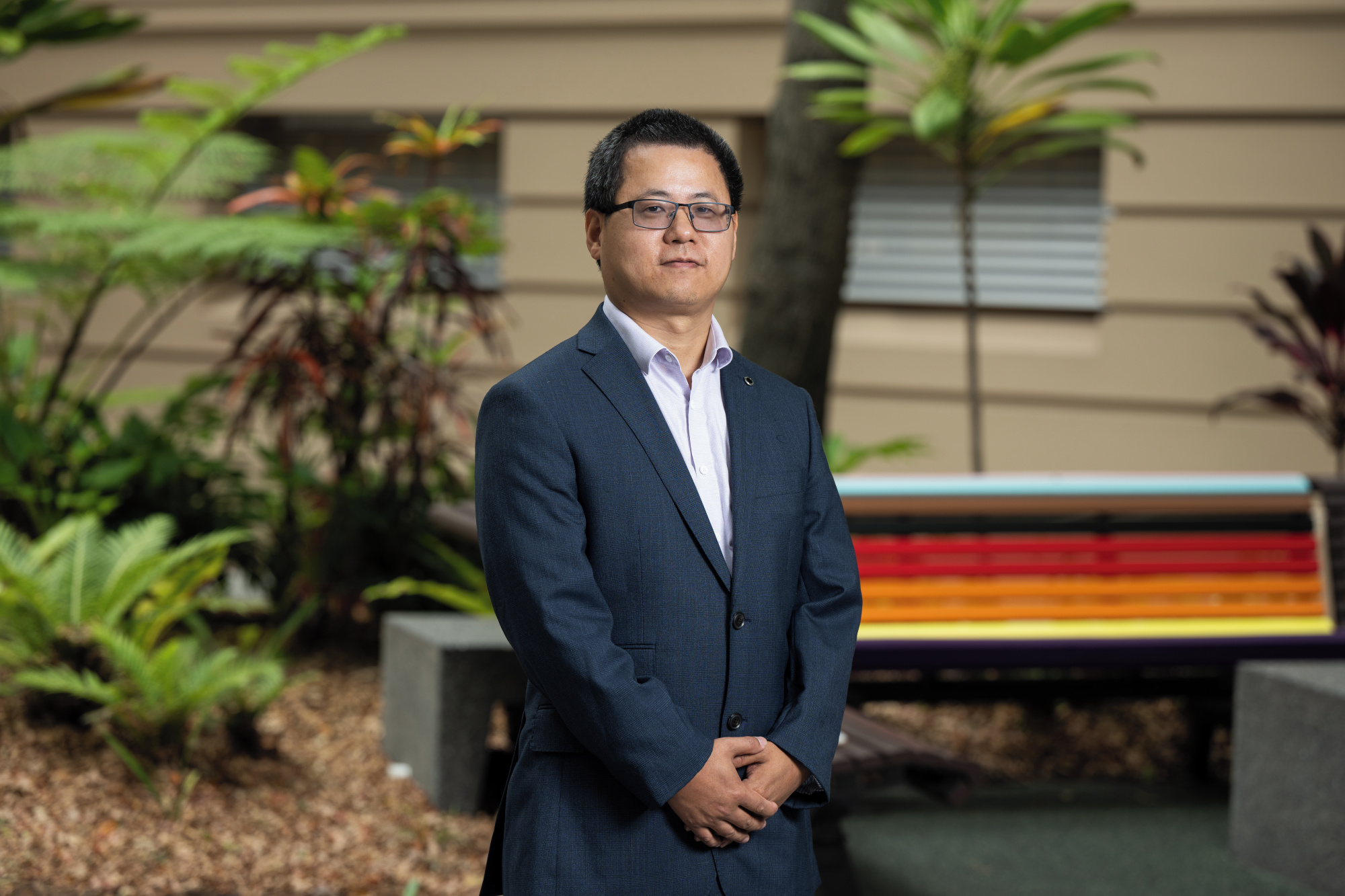
The project Sustainable electrocatalytic synthesis of urea will be funded by a $461,140 grant.
Chief investigator Associate Professor from QUT said the project aimed to design high-efficiency catalysts for electrochemical urea synthesis from theoretical studies.
“Urea is a critical chemical for agriculture, the chemical industry and pollution control, yet current production methods are unsustainable,” Professor Kou said.
“This project will generate new knowledge of chemistry and catalysis from new reaction mechanisms and materials, including optimum catalysts with high conversion efficiency and reactant selectivity to enhance crop production, reduce chemical industry costs and environmental pollution.”
Dr Kou’s partner investigator is Dr Ziyun Wang from The University of Auckland, New Zealand.
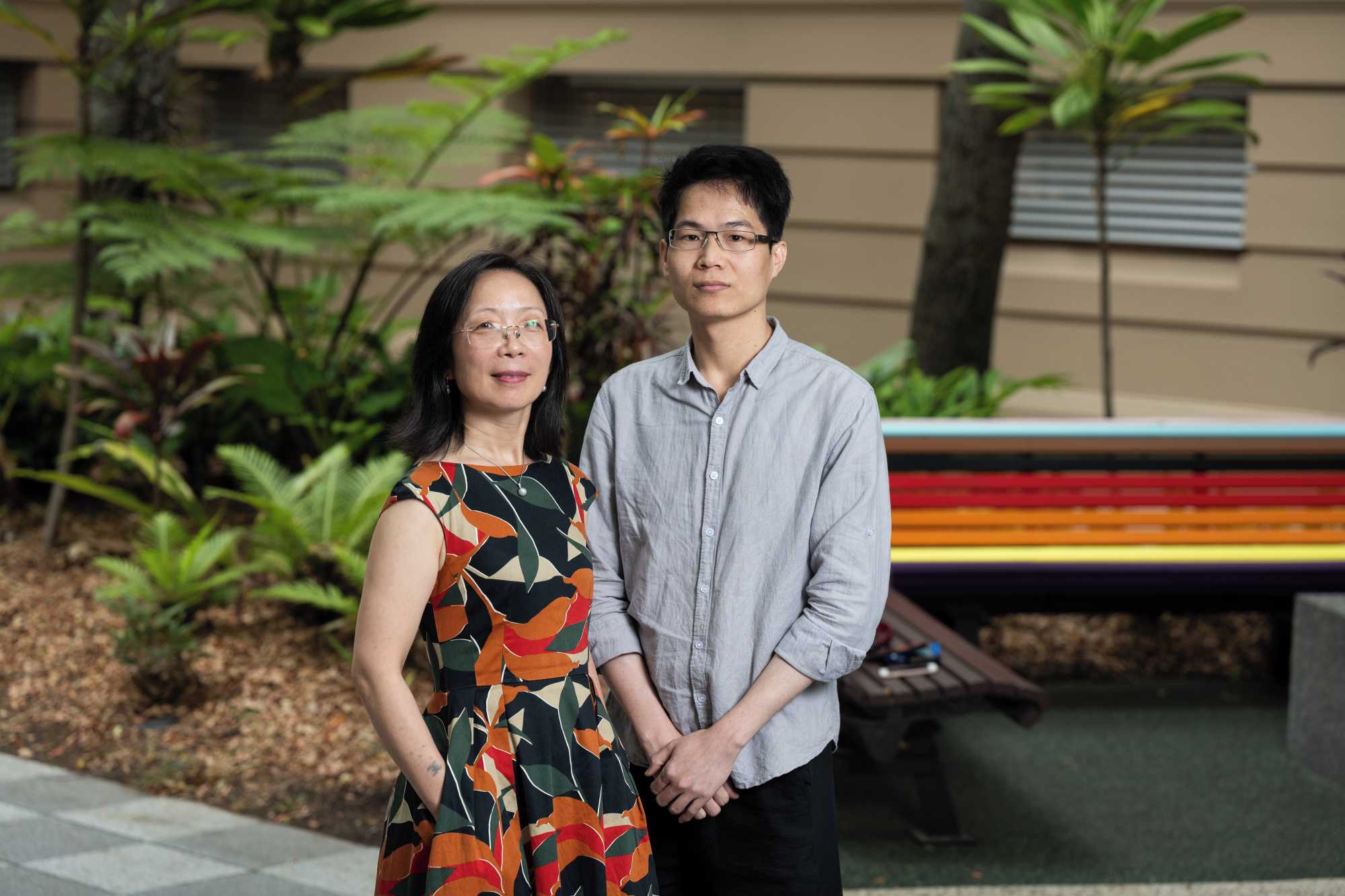
A $573,000 grant will fund the project Novel membranes for high-performance zinc-iron redox flow batteries (ZIRFB) by chief investigators Professor and Dr from the QUT .
“The membrane, which separates the cathode from the anode in the battery, is a critical component that determines the battery’s performance and lifetime, however commercial membrane materials are expensive and perform poorly,” Professor Wang said.
“The goal is to develop cost-effective membranes from low-cost polymers and nanostructured carbon materials with high ion-selectivity and ion conductivity as well as the stability required to make high-performance, long-cycle ZIRFBs.
“Our aim is to enable cost-effective, reliable ZIRFBs to place Australia at the forefront of exploiting flow battery-based, clean, energy storage technologies.”
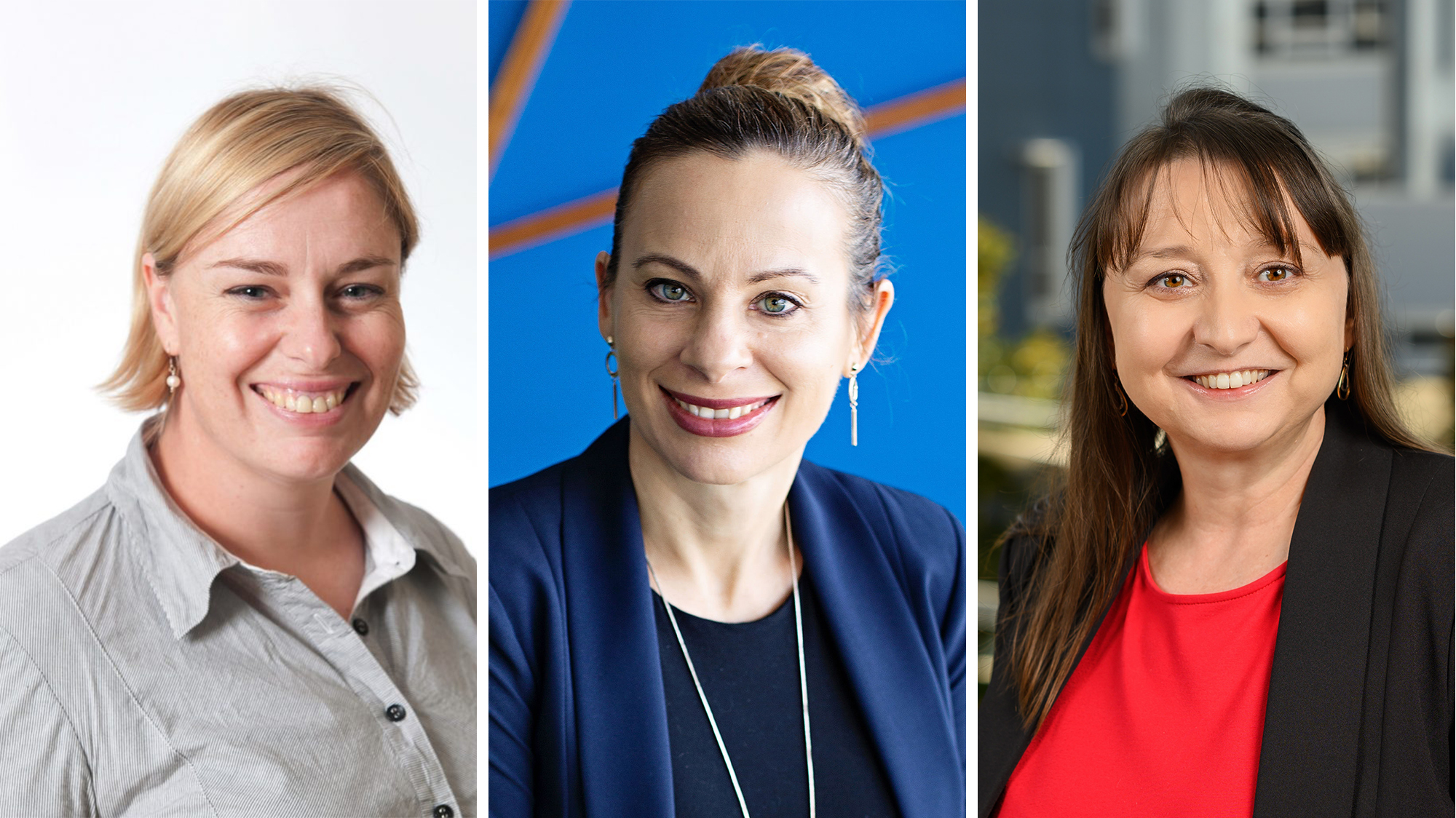
A project aimed at Addressing significant product safety knowledge gaps for older Australians has received a grant of $533,965.
Chief investigator Professor , from QUT , and Jamieson Trauma Institute said it had been 25 years since the last Australian product safety research found older people were at high risk of product-related injury or death.
“As products have evolved substantially and aged care models have changed, this project will generate new knowledge on the role of consumer products in injuries and deaths of older Australians by identifying leading classes of hazardous products, risk factors, high-risk behaviours, and human rights issues,” Professor Vallmuur said.
“This new knowledge will improve prediction and characterisation of product safety issues to inform safer product design and use, targeted regulatory responses, ageing-in-place strategies, and safer home environments for older Australians.”
Chief investigators on this project are Associate Professor and Professor , QUT; Professor Laurie Buys and Dr Helen Badge, Australian Catholic University; Associate Professor Alan Abrahams, Virginia Polytechnic Institute and State University, US; Professor James Harrison, Flinders University, and the project will be managed by QUT early career researcher Dr .
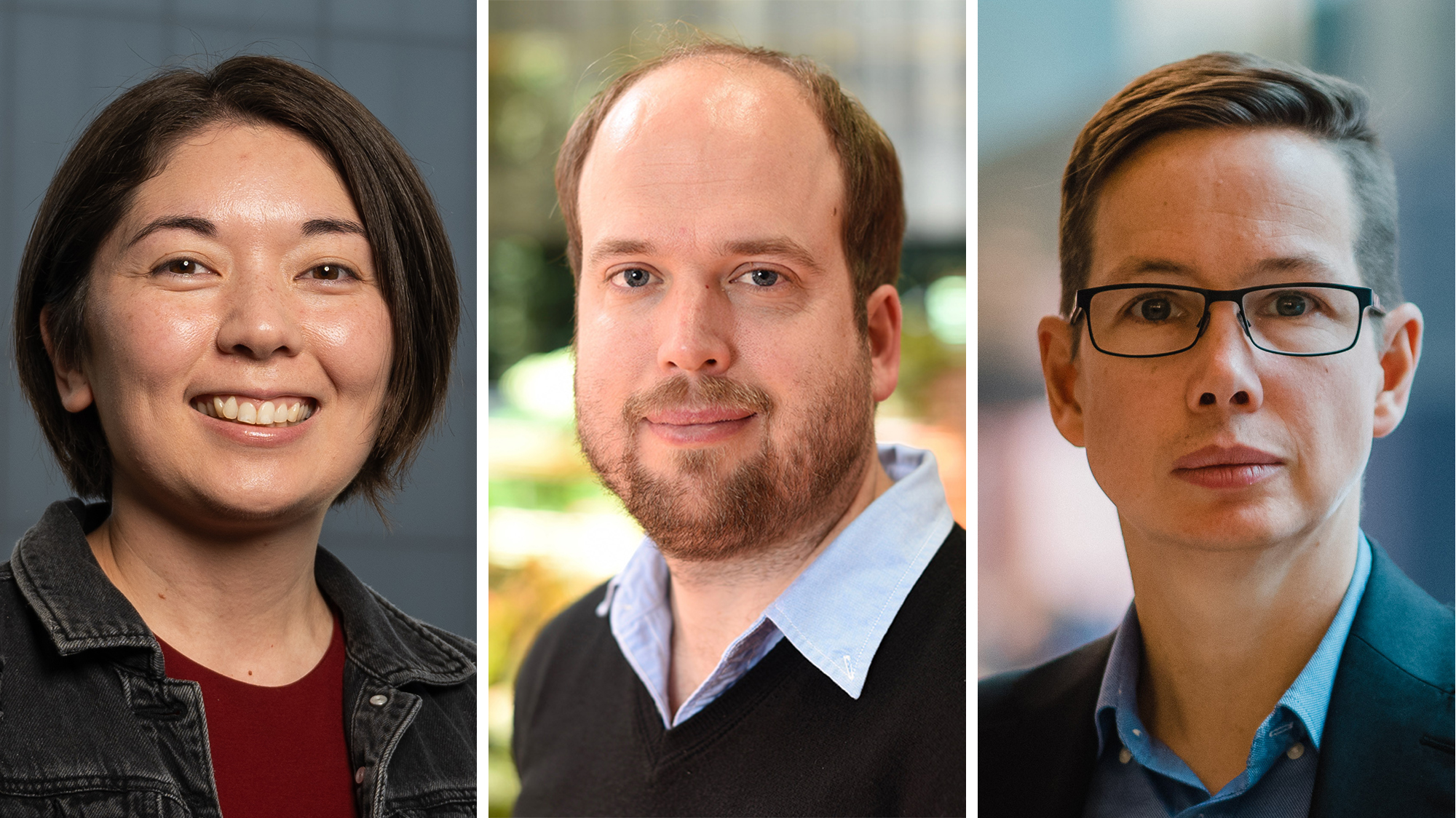
A project titled The mobilome of the anaerobic methanotrophic archaea Methanoperedenaceae has received a $499,391 grant.
Chief investigator Associate Professor , from QUT said the research team would study a group of microorganisms found in freshwater sediment that can consume the potent greenhouse gas methane before it is released into the atmosphere.
“At the Centre for Microbiome Research we have developed new methods to investigate how genetic material is exchanged between microorganisms, and how this helps them adapt to our rapidly changing environment,” Professor McIlroy said.
“Knowing that microorganisms exchange DNA between one another to adapt to change, this project will apply these novel methods to investigate the genetic adaptation mechanisms for methane-consuming organisms and the subsequent implication for methane cycling in the environment.”
Co-chief investigators are Professor , Dr Annika Vaksmaa, Dr Andy Leu and Dr from QUT; and partner investigator Dr Maria Dzunkova, University of Valencia, Spain.
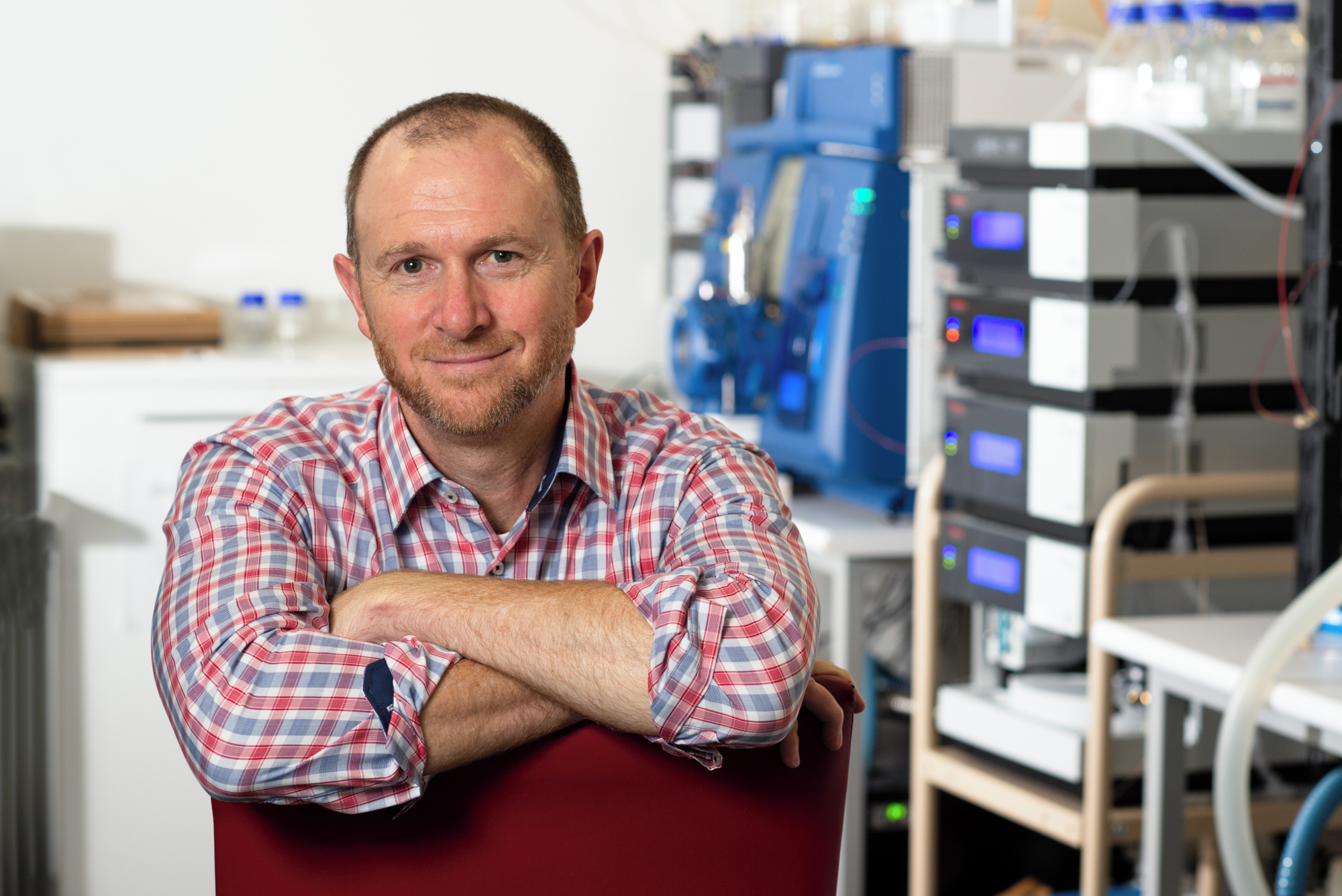
A $476,206 grant will fund the project, Reactivity and photochemistry of halide anions: atmospheric implications.
Chief investigator Professor said the research would investigate the role of the gases bromine and iodine, suspected to be responsible for most of the halogen-induced ozone loss in the stratosphere after atmospheric measurements found significant changes in their levels.
“This project will develop and deploy advanced mass spectrometry and laser spectroscopy techniques to enable precision measurements of the reactions and photo-reactions of gas-phase iodide and bromide anions and their oxides,” Professor Blanksby said.
“These state-of-the-art measurements of reaction kinetics and products will enable accurate chemical models to predict the impact of bromine and iodine chemistry on ozone levels and will inform future global climate models.”
Co-chief investigators on this project are Professor Evan Bieske, The University of Melbourne; Professor Adam Trevitt, University of Wollongong.
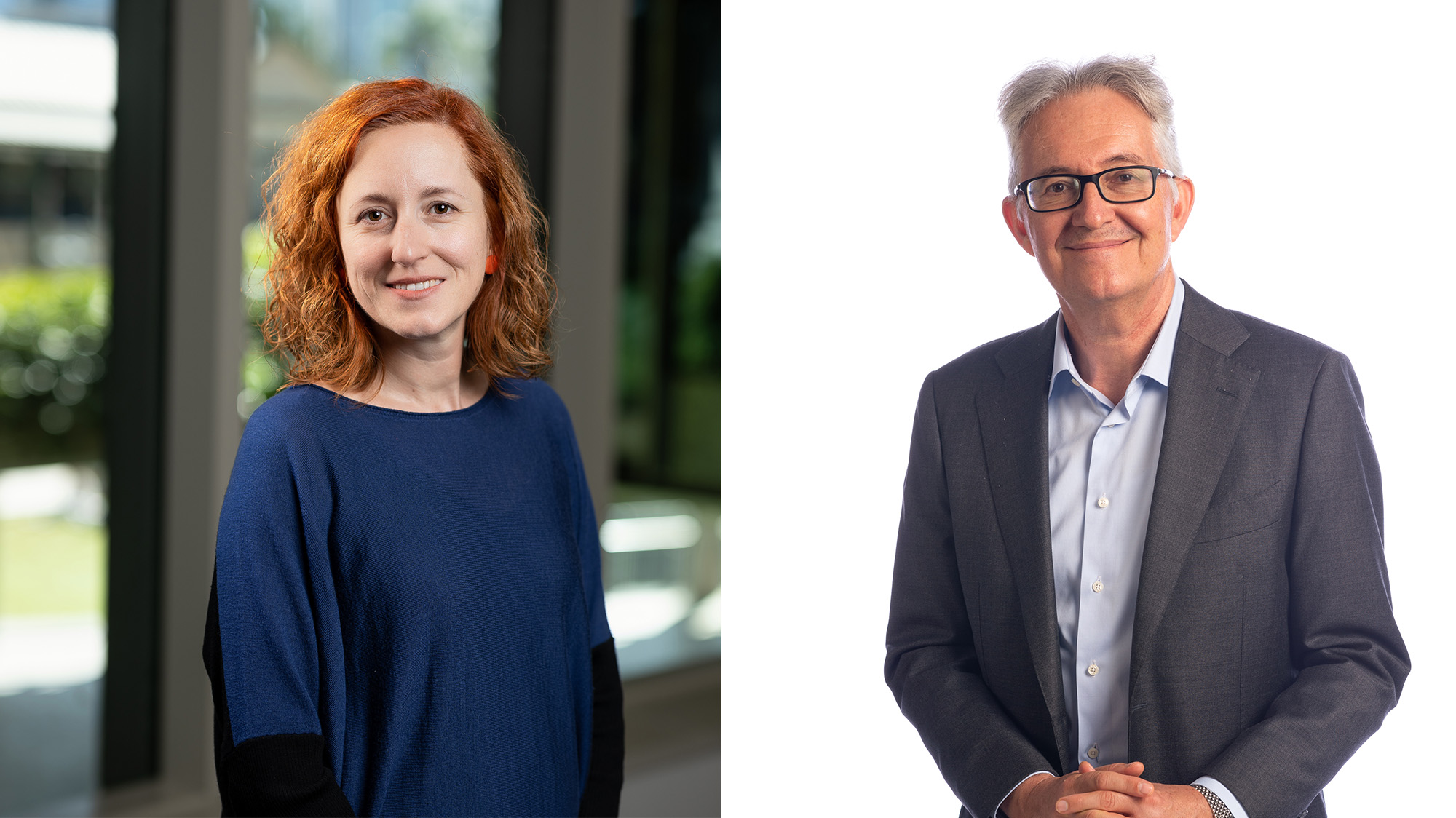
The project, Southern Ocean aerosols: sources, sinks and impact on cloud properties, received $511,100.
Chief investigator Associate Professor from QUT said the project aimed to provide fundamental process-level understanding of atmospheric aerosol processes over the Southern Ocean.
“Although this region profoundly influences the Australian and global climate, current climate models perform poorly,” Professor Miljevic said.
“We will take comprehensive observations during three Southern Ocean voyages and combine them with land-based measurements to enhance our knowledge of aerosols and cloud formation in the region and provide much-needed data for improving global climate models.”
Co-chief investigators are Professor from QUT; Dr Marc Mallet and Dr Sonya Fiddes, University of Tasmania; Associate Professor Robyn Schofield, The University of Melbourne; Professor Clare Murphy, University of Wollongong; partner investigators are Dr Ruhi Humphries, CSIRO; Associate Professor Peter Edwards, The University of York, UK; and Dr Alain Protat, Bureau of Meteorology
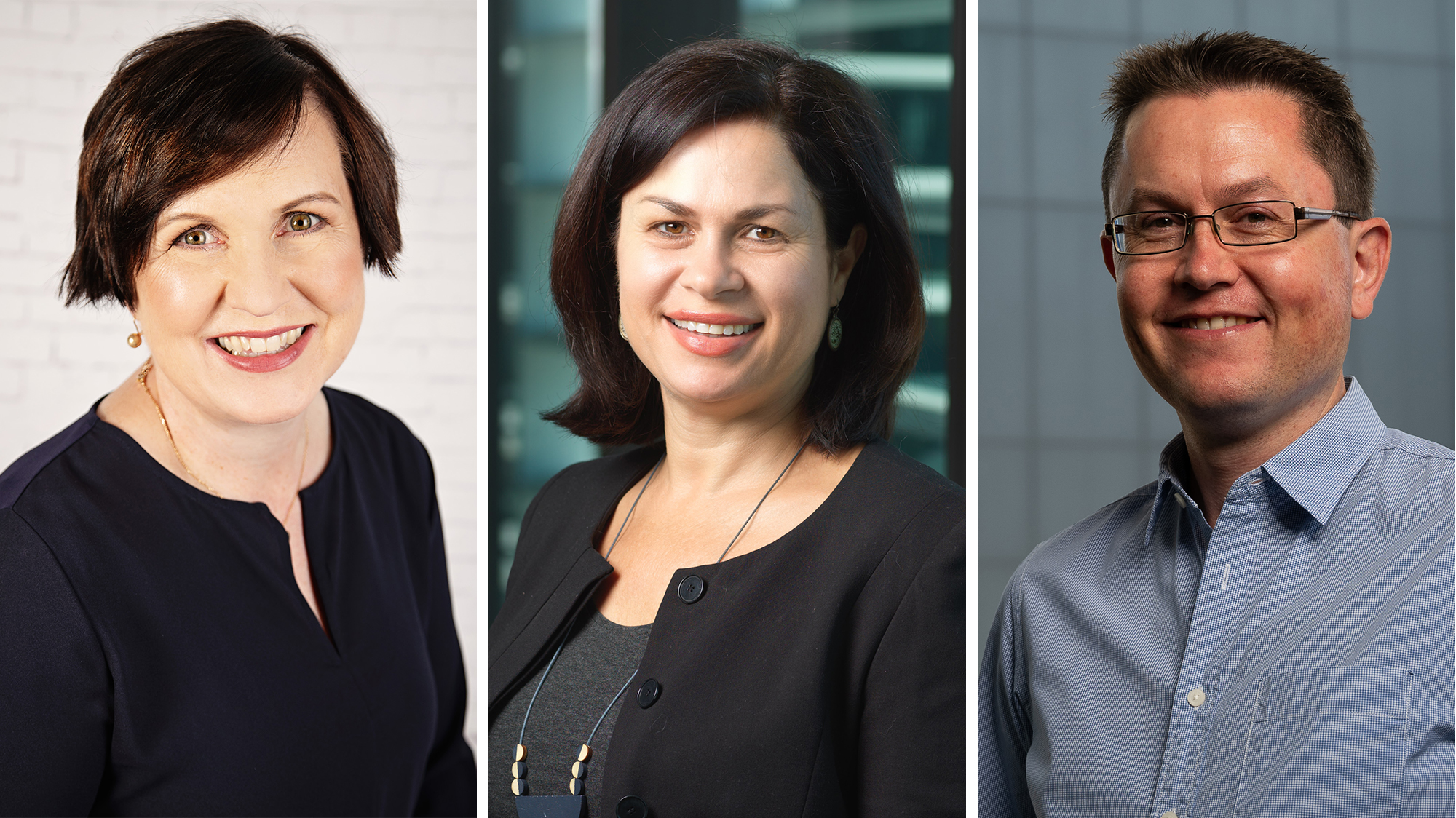
Understanding communication about advance care planning across the lifespan has been awarded $519,459.
Chief investigator Associate Professor from the QUT , said the project aimed to understand how people communicate about advance care planning for children, adolescents, and adults.
“This project expects to generate new knowledge by using leading social scientific and linguistic methods to analyse real-world advance care planning conversations and documents,” Professor Ekberg said.
“With more than 170,000 Australians dying each year, mostly from serious illness, this research will provide detailed knowledge about challenges people face in these conversations and how to manage them.”
Co-chief investigators are Professor and Distinguished Professor , QUT; Professor Diana Slade, The Australian ³Ô¹ÏÍøÕ¾ University; Dr Katie Ekberg, The University of Queensland; Dr Ursula Sansom-Daly, The University of New South Wales; and partner investigator Metro South Hospital and Health Service; Adjunct Associate Professor Anthony Herbert, University of Technology Sydney.








